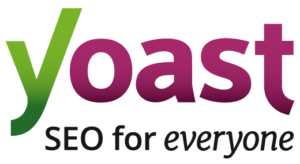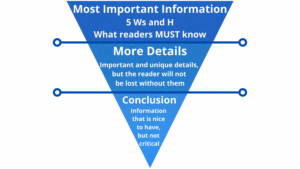 For decades now, Search Engine Optimization (SEO) has defined how people write for the Web. At least those who want an audience.
For decades now, Search Engine Optimization (SEO) has defined how people write for the Web. At least those who want an audience.
With half of all websites (including this one) using WordPress, SEO system Yoast has become a common tool. Its dictates are regularly followed by both writers and editors.
But AI is killing SEO. Many feel it will kill journalism. It limits links, replacing them with statements of “fact” gleaned through scraping content.
 That means it’s time to forget about SEO and drop some of the last decades’ worst habits.
That means it’s time to forget about SEO and drop some of the last decades’ worst habits.
These include contorted headlines designed solely to get clicks. It should also end writing where the point is buried under paragraphs of anecdote.
When I was a student, almost 50 years ago now, I was taught two ways of starting a story.
There was the “inverse pyramid” approach of newspapers. The point came first, then the most important facts in descending order. This let editors cut the copy at any point and still have the gist of the piece.
Then there was the anecdote approach of magazines, which I preferred. This placed the character in immediate conflict with their environment, as with a novel or movie. It was meant to grab the reader, who would then be sent along the path of the story until a “grabber” ending. Here the lesson of the story would be learned, a gift for having read the whole piece.
 Google is Not Your Friend
Google is Not Your Friend
The desire for SEO, and for extended reader contact post-click, means the Lede is often buried. Anecdotes replace facts until you reach the second “page.” This is common when a story is shared with a site like Yahoo, which will publish just the first few paragraphs, then offer a link to the source. There’s also the game of appearing to write something that goes along your editorial grain, only to switch gears and deliver what was completely expected.
The new rules are horrible for small sites that can no longer use SEO “tricks” to lure casual readers to their “treats.” I think it means we should put a higher premium on summary lead sentences, on headlines with humor and real content, and on alliances among publishers to share content they like. (This is different from sharing content you’re paid to like.)
It also means loyalty is more important than ever before. If you’re not going to get casual readers you need loyal ones, folks who will help you find other readers by passing your stuff around.
If you like this story, pass it on to a friend.


 Google is Not Your Friend
Google is Not Your Friend







